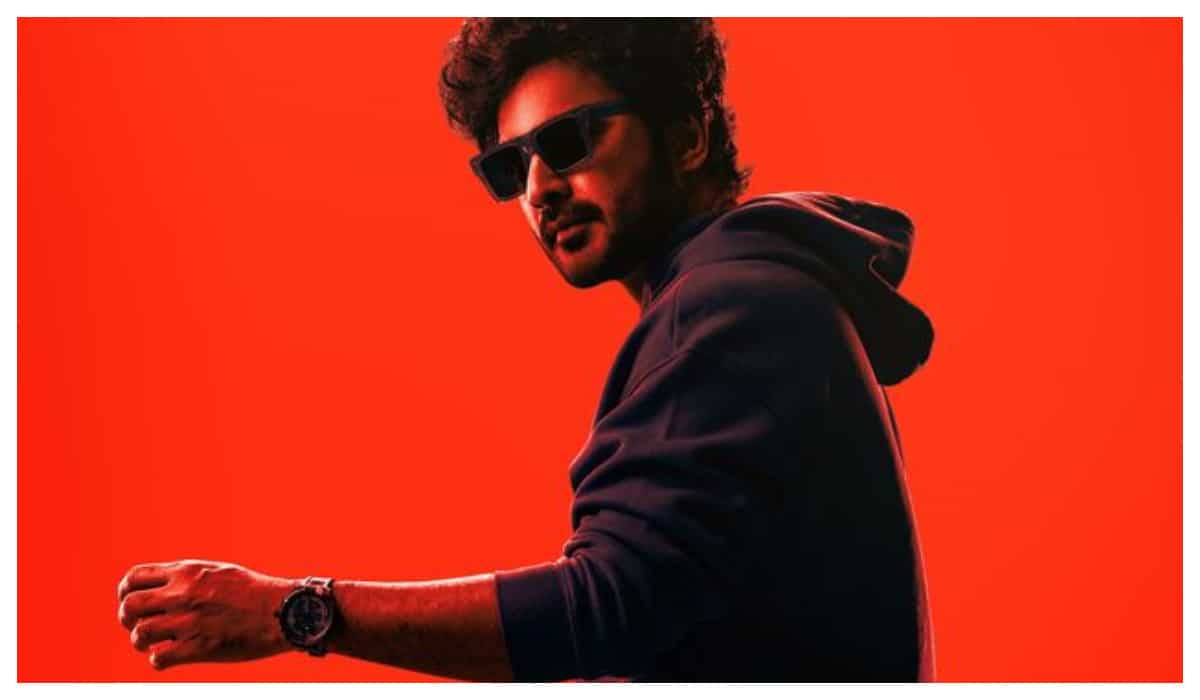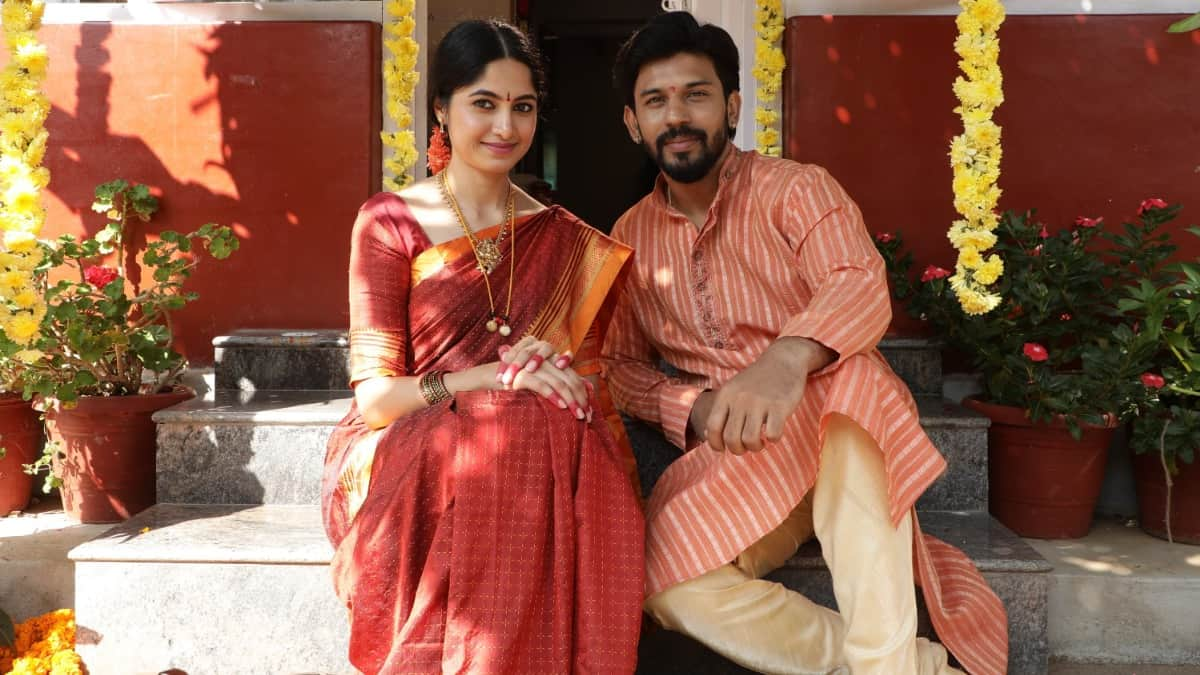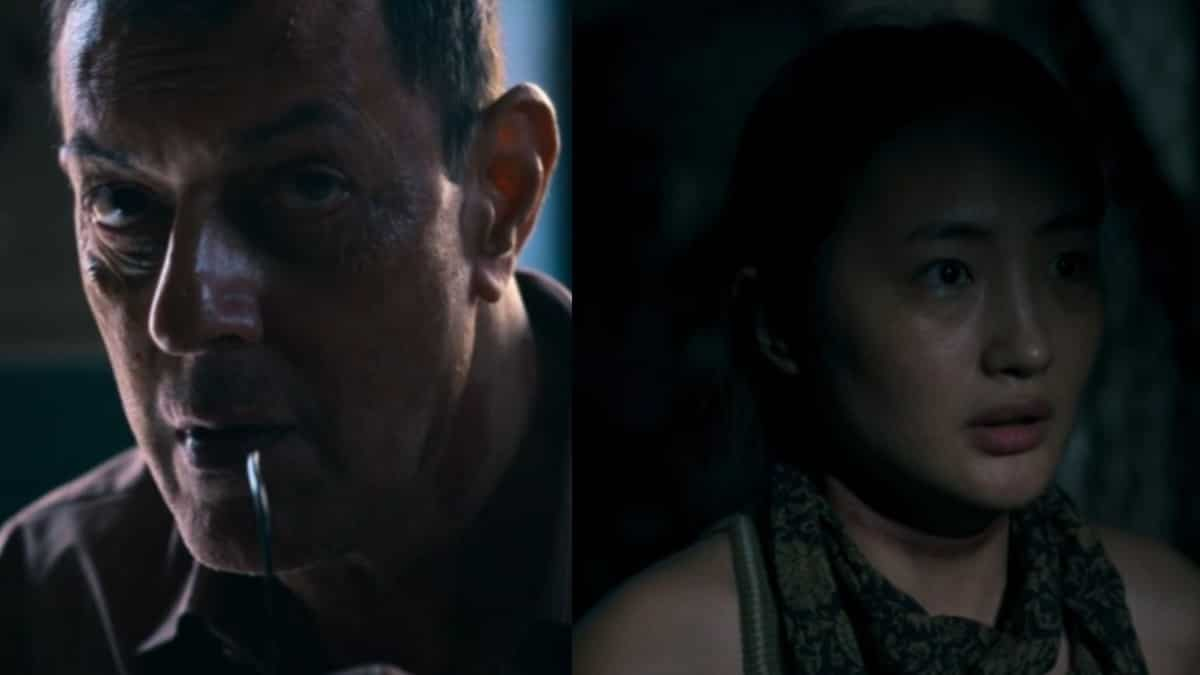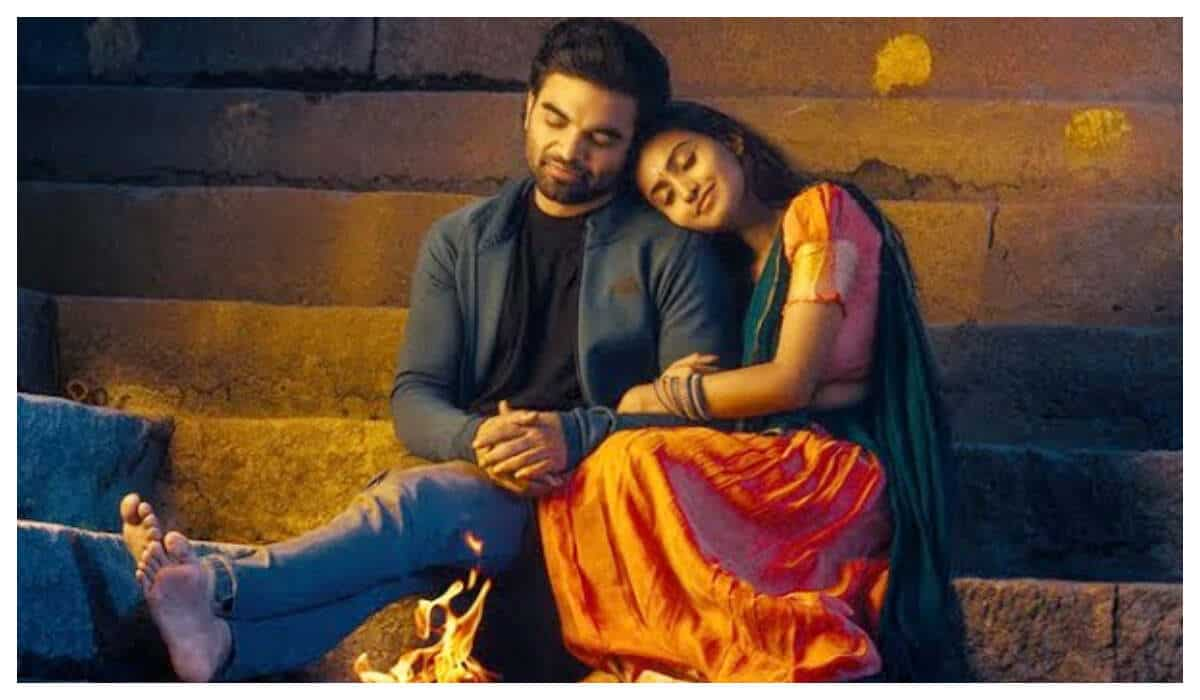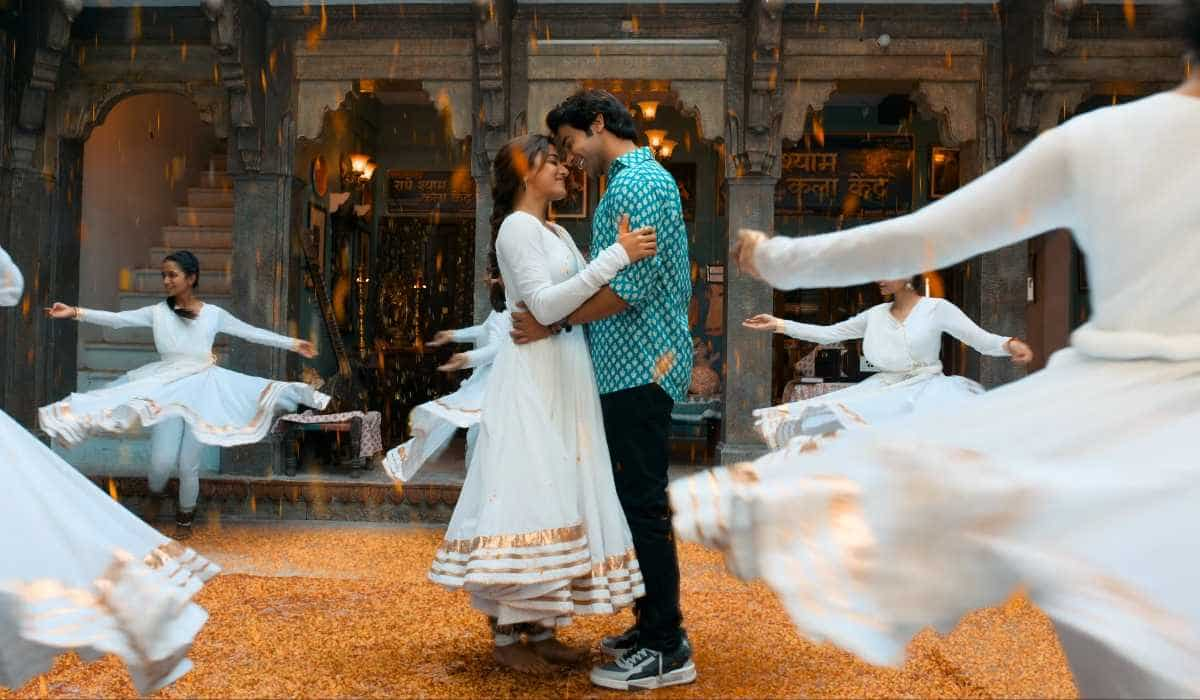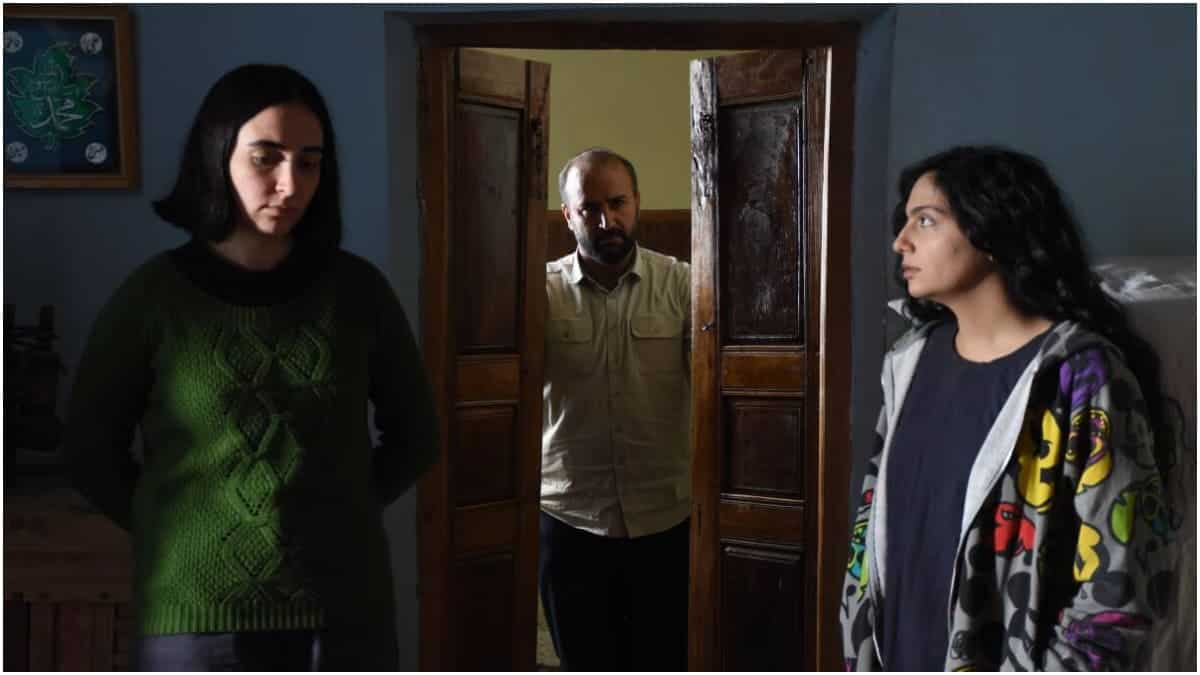
The Seed of the Sacred Fig Review: More Than a Film, It Chronicles a Real Dystopia
2 months ago | 5 Views
The Seed Of The Sacred Fig Story: Iman (Misagh Zare) serves as an inspector judge (not a judge) in Tehran, residing with his wife Najmeh (Soheila Golestani) and their daughters, Rezvan (Mahsa Rostami) and Sana (Setareh Maleki). In this nation, inspectors are essentially enforcers tasked with maintaining order and controlling women. Iman's responsibilities include apprehending student protestors who are of similar age to his daughters and conducting interrogations, often signing their death sentences if they are deemed guilty. However, when the unrest encroaches upon his home and his firearm goes missing, he begins to suspect his wife and daughters. The family is fractured, much like the dam that has long been filled with oppression and lacks an outlet.
The Seed Of The Sacred Fig Review:
How does one characterize nearly three hours of footage created by an individual who has endured months of imprisonment for exercising his vocal talents in a nation where he is currently a sought-after 'fugitive'? This cannot simply be categorized as a film in which a man discusses the turmoil of the society he inhabits or has inhabited. It serves as a testament to the suffering of his homeland, where women have valiantly fought for the right to remove their veils, with some even sacrificing their lives in pursuit of this freedom. When cinema transcends mere storytelling to illuminate the struggles faced by individuals in distant parts of the world who seek the fundamental right to live authentically, it becomes a form of art that deserves to resonate globally. Mohammad Rasoulof is engaged in a profound and essential endeavor.
In a pivotal moment, Sana, portrayed by the intrepid Setareh Maleki, poses a challenging question to her devout and patriotic father, Iman: “Why are you interfering in our relationship with God?” This inquiry arises precisely one hour after her father asserts, “Whoever confronts God does so at their own peril.” This tension is a theme that the courageous Iranian filmmaker Mohammad Rasoulof has examined through both his cinematic works and his personal experiences throughout his career. The Seed Of A Sacred Fig is a film that struggles against the constraints imposed by religion and its self-appointed guardians until it discovers its voice and rises to flourish into something not only sweet but also profoundly beautiful. The Jina Revolution erupted following the arrest and alleged beating to death of Jina Mahsa Amini for wearing an inappropriate hijab. The film draws inspiration from Mohammad's observations during his time in prison.
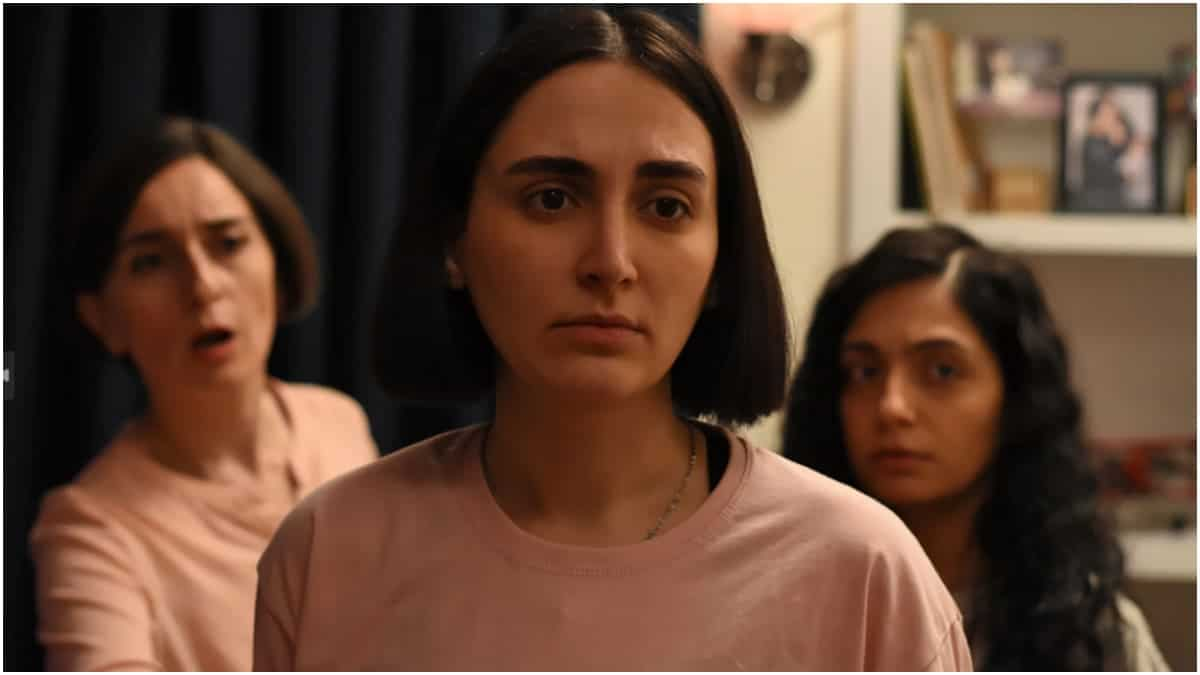
The Seed of the Sacred Fig commences with a man engaged in prayer at a mosque, set against a desolate landscape that once possessed beauty but now stands as a shattered remnant of a more glorious past. The scene transitions to Tehran, a city that, despite its modernity, mirrors the lifelessness of the earlier landscape. Here, the devout man serves as an inspector, a role that is generally unappreciated and demands a level of discretion. In essence, he operates within the framework of the regime, embodying both its authority and its enforcement through his subordinates.
However, a significant conflict arises when this man, who opposes women expressing their voices, observes his daughters yearning for rebellion and challenging the very system he has upheld for two decades. This realization brings him distress. Mohammad Rasoulof, the film's writer, deliberately takes his time to develop this central conflict, with the logline available online only revealing itself after a substantial 90 minutes.
These initial 90 minutes, devoid of the main conflict, serve as a clarion call from Mohammad Rasoulof to the world. He seeks to draw attention to the struggles of young women fighting for their rights and their right to exist. His aim is not to awaken those young women who should already be aware of their plight, but rather to reach those who have become accustomed to their oppression, blinded by the dictates of men who consider themselves the guardians of religion. In the character of Najmeh, he portrays a woman who believes her sole purpose is to serve her husband, adhering strictly to his rules, even regarding her hair. Yet, when she finds a young girl with a gunshot wound and a shattered face in her lap, a transformation occurs within her as she removes the bullet fragments. This pivotal moment compels her to reflect on the two young women in her home whom she is nurturing to become reflections of herself.
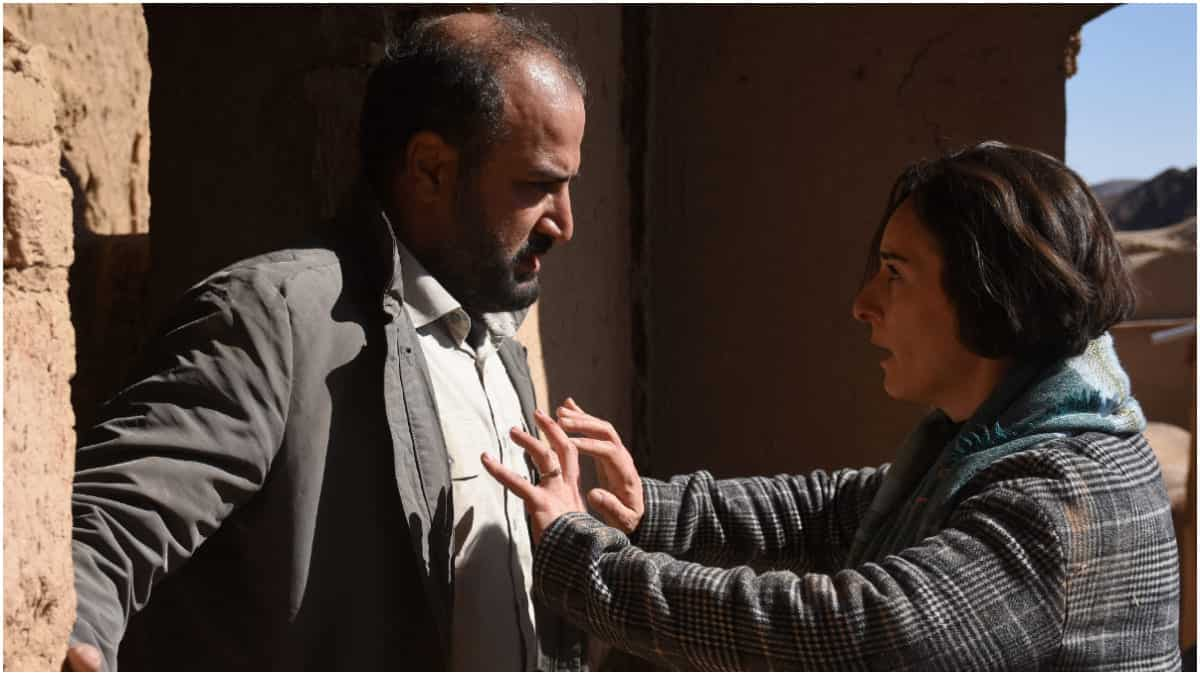
The moment of realization marks the point at which Mohammad Rasoulof reveals the true essence of his film. Iman, who once believed that women relied on him to stabilize their lives, now finds himself questioning the very women he once held in high regard, as they have succumbed to his fears. He exists almost as a specter in their lives, appearing at night and departing by dawn. However, when he chooses to remain, he inadvertently creates a nightmare. The digital camera that the girls are seen using to reminisce about cherished memories transforms into an interrogation device for the father, who is questioning the three regarding his missing firearm. This dynamic illustrates that Iman is far from a heroic figure. It is Najmeh who undergoes a profound transformation, ultimately confronting the man she once idolized as a deity, now labeling him a devil. While there is turmoil and chaos for women in the public sphere, one must also consider the oppressive environment that men impose upon them in private.
Mohammad Rasoulof expertly navigates this nearly three-hour film, which serves as a slow-burning documentary reflective of contemporary society. The voices of the oppressed are silenced, leaving only the dictators who have persuaded many that they are the rightful purifiers of society. Although the religious context may shift, the narrative remains consistent across numerous regions of the globe. We find ourselves at various stages of yielding to this notion, yet there are also acts of rebellion against it. Rasoulof consistently emphasizes that this three-hour narrative is not a work of fiction, but rather a reality that an entire nation has endured and continues to endure in some form.
His filmmaking transcends mere entertainment; it serves as a wake-up call for all of us to recognize the urgency of our circumstances before it is too late. The film's cast is exceptional, particularly Soheila Golestani and Mahsa Rostam, who portray Najmeh and Rezvan, respectively. Soheila's character experiences a profound transformation, which she embodies with remarkable depth and emotion, while Mahsa conveys a quiet rebellion punctuated by brief outbursts that resonate powerfully. The metaphor of the Seed of the Sacred Fig comes to life beautifully, as every element of the narrative intricately connects.
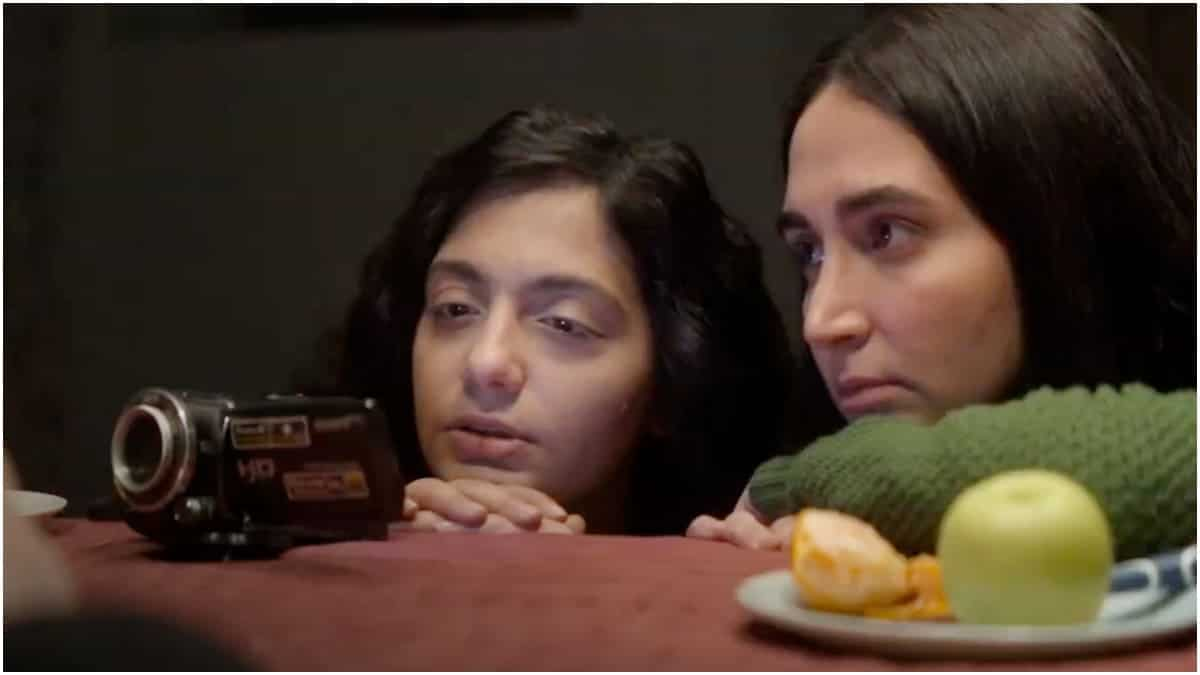
The Seed Of The Sacred Fig Final Verdict:
Mohammad Rasoulof wants the condition to wake up and join the young and ask for what is theirs, freedom. This is not a war cry; this is more of a document of our times that needs to be consumed and not forgotten. Blood was spilled, and a rebellion was led, only for women to take off their veils.
The Seed Of The Sacred Fig will be released in India on January 24, 2025. Stay tuned to OTTplay for more information on this and everything else from the world of streaming and films.
Read Also: Malavika Mohanan and Saptami Gowda: Leading South Actresses to Debut in Telugu in 2025
"Get the latest Bollywood entertainment news, trending celebrity news, latest celebrity news, new movie reviews, latest entertainment news, latest Bollywood news, and Bollywood celebrity fashion & style updates!"


